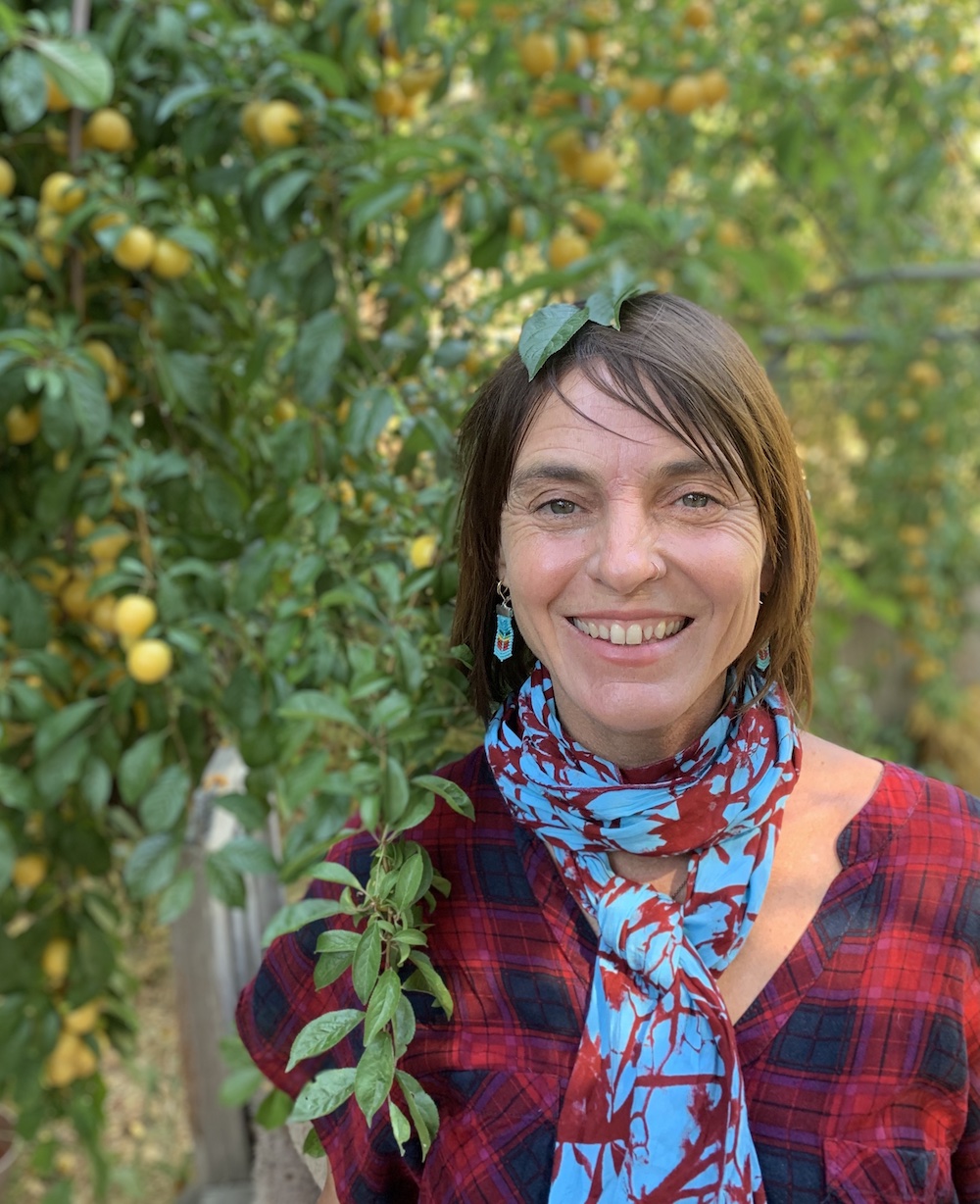This is Yoga

I teamed up with my yoga teacher, Tirza Dawn, to share about the more esoteric practices of yoga in “This Is Yoga,” episode 21 of “The Positive Fantastic” podcast. I came to yoga as a teenager, but was always very shy about practicing because I am more intellectually intelligent than kinesthetically able-bodied.
As a fully grown adult, I decided that it was finally time that I take a teacher training course —not because I necessarily wanted to become a teacher, but because I felt that it was crucial for my own personal journey to really learn how to inhabit my body more fully. Tirza was a friend and I trusted her to take good care of me on my journey.
For those of us that have physical injuries, blocks, and other difficulties, I think it’s imperative that we find teachers we can trust to guide our way. I came to yoga, like most people without a lineage of yoga in the West, as a form of exercise to feel better about and in my own body. I was in for a delightful surprise when I learned that yoga is actually a vast world of practices and a lifestyle that has everything to do with meeting ourselves and very little to do with the performance of fitness.
I loved Tirza’s approach so much in fact, that I became her teacher’s assistant and I assisted with two more Ayurvedic yoga teacher trainings. The people that were drawn to the trainings came from all walks of life, all backgrounds, and all levels of abilities. Several people over the years that I assisted had chronic health issues and had chosen to study with Tirza because of her way of accommodating a diverse range of capacities through pose modifications, a directive to listen to the body’s messages, and a trust that we all access yoga in a very personal way.
And, part of what I truly came to honor about Tirza’s yoga container was her understanding that stepping into a real yoga practice means that we all come up to our own edges. For some people the edges are physical. But for everyone, the edges are mental and psychological, because we all hold our stories in our bodies; doing yoga brings forth an opportunity for incredible healing to unfold. Tirza held a compassionate, creative, and encouraging space for everyone to practice in a way that helped them become braver, bolder, and more authentically themselves.
While a focus on asana tends to drive any yoga teacher training in the United States because the certification process requires a number of postures to be taught, Tirza spent an enormous amount of time rounding out the program with every other aspect of yoga. Tirza and an array of visiting guest teachers all brought forth the many other teachings of yoga.
We learned pranayama or breath work practices. We learned mantra or the recitation of specific words. We had Ayurvedic classes with Deanna Batdorff, devoted to giving us insight into the healing modalities of Ayurveda. We even had tasty nutrition classes so that we could be nourishing our bodies with healthy foods. And we spent an enormous amount of time meditating in our classroom, in the redwoods, at the beach, in meadows, at the river, and anywhere we went on class field trips.
Additionally, we discussed in our class the difficult edge of how yoga as it’s currently being taught is problematic; I will say that I always felt clear about yoga’s roots and lineages, philosophy and tenants in Tirza’s class. We weren’t simply trying to get our cardio on ever; we were always grappling with a way to meet ourselves more deeply so that we could be more clear for our meditation practices.
I want to respect that there is a lot more to unpack about yogic appropriation, particularly as it is monetized in Western capitalistic cultures. I actually spent several classes speaking up about the ways that the practice of yoga has been commodified and the erasure of Asian voices. I actively spent time as Tirza’s assistant attempting to create an anti-racist class environment in her teacher training program. In that spirit, I’m actually interested in the rhetoric of “yoga.” While we may collectively choose to create a new word entirely to describe the process of studying this discipline in the West, for now we are experimenting in this episode with reclaiming the word “yoga” to encompass more than the asana practice it is normally most associated with, in the hopes that we are being more true to the historic practice of the yogic path.
When Tirza teaches her classes she calls them Yoga Ceremonies. And yes, they are a modern fusion combining many elements. By the end of my three years of study, I felt clear that yoga isn’t what I had thought it was at all —in fact, yoga is a life well lived. Yoga is treating life as a conscious meditation. Everything I do with conscious intent, embodied breath, and thoughtful posture is yoga to me now. Yoga isn’t something that is accomplished in one teacher training; yoga is both a journey that can take lifetimes, and a practice realized in a fully present moment, breathing into my body.
I hope that you’ll enjoy our conversation about this more expanded notion the yogic world that is encompassed by Tirza’s teachings. And visit Tirza’s website for more information about her many amazing offerings.
Recent Comments